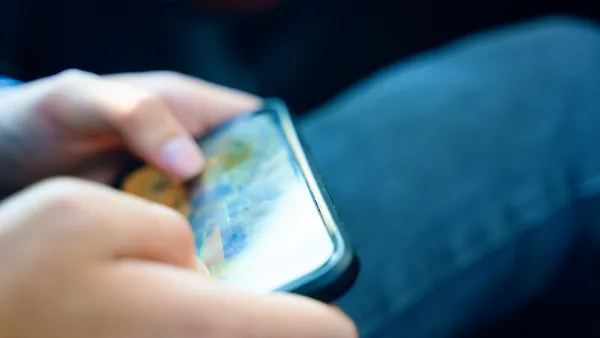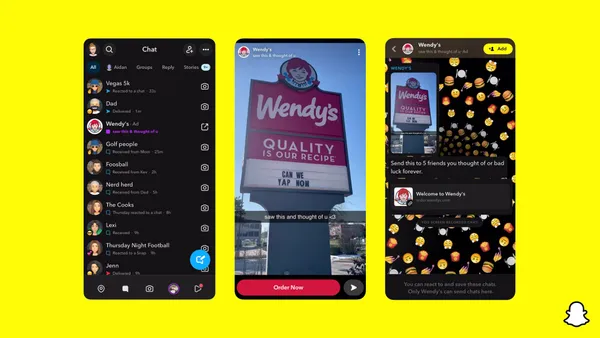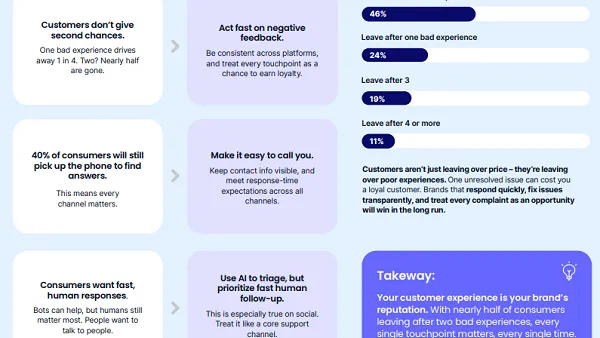Dive Brief:
- Colgate teamed for the second year with Olympic gold medalist swimmer Michael Phelps on its Earth Day water conservation campaign, which this year includes a "Save Water by Colgate" action for Google Assistant, a news release announced.
- Smart speaker owners can learn facts, conservation tips or hear the sound of running water by saying, "Hey Google, talk to Save Water by Colgate." The campaign is available with Amazon Alexa for users who say, "Alexa, enable Save Water." Phelps and his family are additionally providing reminders via social media for users to turn off the faucet while brushing their teeth, which can save up to 8 gallons of water a day.
- Colgate created a water-activated drain sticker revealing the message "turn off the faucet" that is included in special packs of Colgate Total Toothpaste exclusively available at Walmart. The brand is using the hashtag #EveryDropCounts on social and a special website to provide more details about its water conservation initiatives.
Dive Insight:
Colgate continues to dabble with voice-activated assistants as part of its efforts to promote water conservation when people are brushing their teeth. The brand in December debuted an Alexa skill asking users to turn off the tap, but the latest push expands similar capabilities to Google Home and also puts a familiar athlete ambassador at the center of the creative ahead of an important day for conservation awareness.
As consumers' interest in devices like Amazon Echo and Google Home continues to grow, marketers are seeking new ways to incorporate the devices into their marketing campaigns, including by offering product information or customer service. By 2022, smart speakers will be installed in 55% of all U.S. homes, with the number of installed devices totaling 175 million, according to Juniper Research projections. The group predicts that ad spending on digital assistants will reach $19 billion globally by 2022.
While campaigns like Colgate's are largely informational, marketers are really excited about voice search for its transactional potential. Of the two in five consumers that currently own devices that have voice assistants, 60% never use them to browse for products and even fewer ever make purchases, a recent Episerver study found. However, that's set to change consumers become more comfortable with the devices and marketers determine how to best use the technology.














